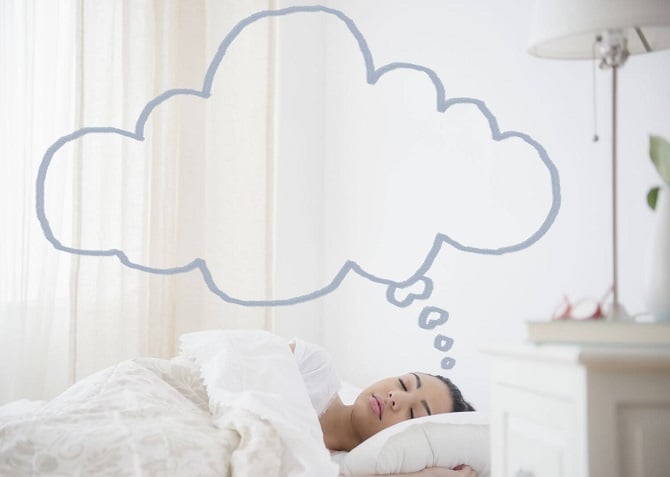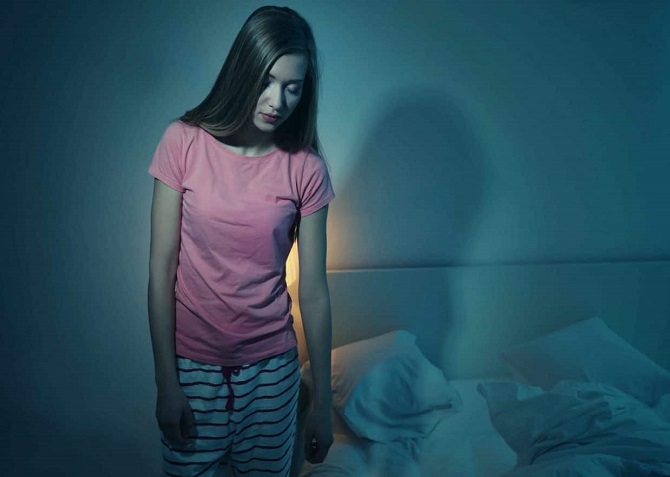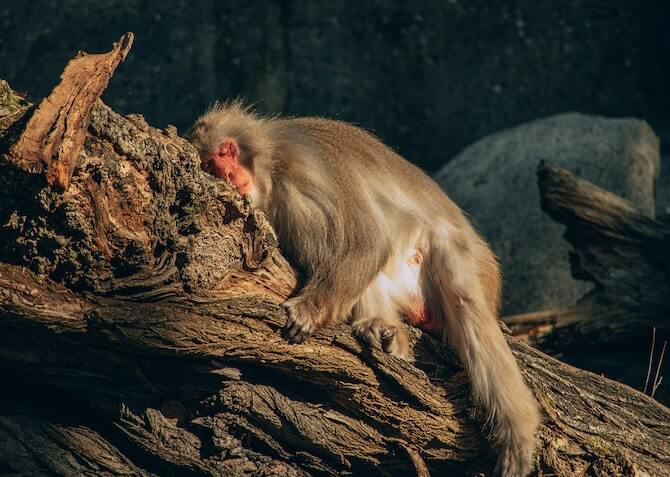
101 Crazy Sleep Facts You Might Not Know (Part 1)
Sleep is a fascinating and mysterious aspect of human life. While we spend about one-third of our lives sleeping, there are many strange and incredible facts about sleep that might seem too bizarre to be true.
Let's dive into 20 weird and wonderful facts about sleep that might leave you in awe.
Dreams

- Some blind people experience visual dreams while asleep. Despite never having seen before, their brain is still capable of creating visual imagery during dream states.
- 12% of people dream in black and white…how old-fashioned!
- Dreaming can occur in any stage of sleep, not just during REM sleep. While most vivid and memorable dreams occur during REM sleep, dreams can also happen during non-REM sleep stages.
- During rapid eye movement (REM) sleep, the body is effectively paralysed to prevent acting out dreams. This is known as REM atonia and ensures that the dreamer remains safely in bed.
Sleep Conditions

- Falling asleep takes an average of seven minutes. If you manage to fall asleep in less time, consider yourself a quick dozer!
- A phenomenon called "exploding head syndrome" can cause a loud noise, like an explosion or gunshot, in a person's head as they fall asleep. Although it sounds alarming, it's harmless and more of a sensory hallucination.
- Some people experience a condition called "sleep paralysis," where they are temporarily unable to move or speak while waking up or falling asleep. It can be accompanied by vivid hallucinations and a feeling of pressure on the chest.
- The sensation of "falling" during sleep, known as a hypnic jerk, is experienced by 70% of people. It often occurs during the transition from wakefulness to sleep and is thought to be a natural muscle reflex to stop us falling out of trees when were less evolved.
- People who suffer from a rare genetic disorder called "fatal familial insomnia" eventually die due to the complete inability to sleep. This devastating condition leads to severe physical and mental deterioration.
- Some people have a genetic mutation that allows them to function on significantly less sleep. Short Sleeper Syndrome (SSS).
Animal Kingdom

- Horses and cows can sleep while standing up. Their unique anatomy allows them to lock their joints to remain upright while resting.
- Dolphins sleep with one eye open and half of their brain awake. This allows them to stay partially alert to potential threats and maintain necessary bodily functions while resting.
- Some birds can sleep while flying. Species like the common swift have the ability to rest one hemisphere of their brain at a time, allowing them to fly nonstop for months during migration, much like dolphins.
Human Kingdom

- The record for the longest period without sleep is 11 days. Randy Gardner, a high school student, voluntarily stayed awake for 264 hours during a science fair experiment in 1964.
- Sleepwalking affects about 4% of the population. Sleepwalkers can engage in complex behaviours while asleep, such as walking, talking, and even driving a car.
- New parents lose an average of six months' worth of sleep in the first two years of their child's life. The sleep deprivation caused by caring for a new-born can be a challenging and exhausting experience.
- Humans spend about one-third of their lives sleeping. Over the course of 75 years, the average person will have spent approximately 25 years asleep.
- The Guinness World Record for the longest group hug by a group of people hugged for over 36 hours while staying awake. Talk about endurance!
- The world's largest sleepover event took place in 2019, where over 13,000 people slept under the stars at a public park. It was a unique gathering that promoted the importance of sleep and outdoor activities.
Don't forget this is only the first part of four, so come back to find out more crazy facts about sleep in part 2!
Explore the hub
National Shakespeare Day - 23rd April
National Shakespeare Day on the 23rd of April is considered to be Shakespeare's birthday. What do you think he would say about sleep if he worked for Dormeo?
Can better sleep boost your immune system?
Boosting your immune system with better sleep!
What Are Chronotypes?
Learn about chronotypes: your body's internal clock determining when you're most alert or sleepy.








Leave a Reply